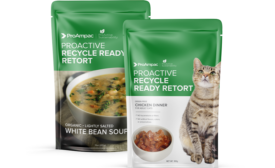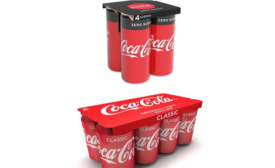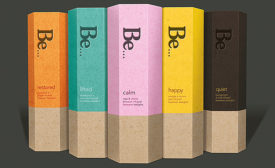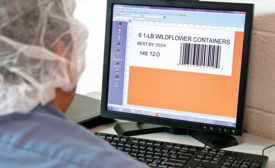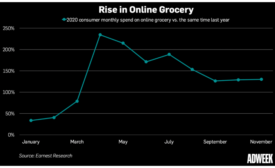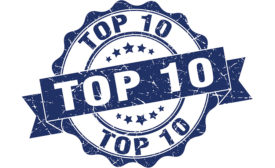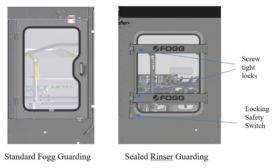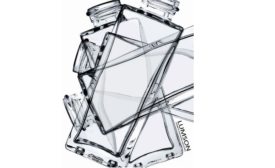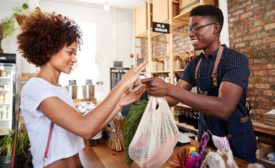Beverage Packaging
Brand Packaging: Sustainability
How Sustainability Can Amplify Marketing Resiliency for CPGs
January 11, 2021
Machinery
Automating Coding Changeovers to Drive Efficiency and Reduce Scrap and Rework
Here are three progressive steps that use standardized data to help you avoid coding errors.
January 8, 2021
Keep the info flowing with our eNewsletters!
Get the latest industry updates tailored your way.
JOIN TODAY!Copyright ©2025. All Rights Reserved BNP Media.
Design, CMS, Hosting & Web Development :: ePublishing

